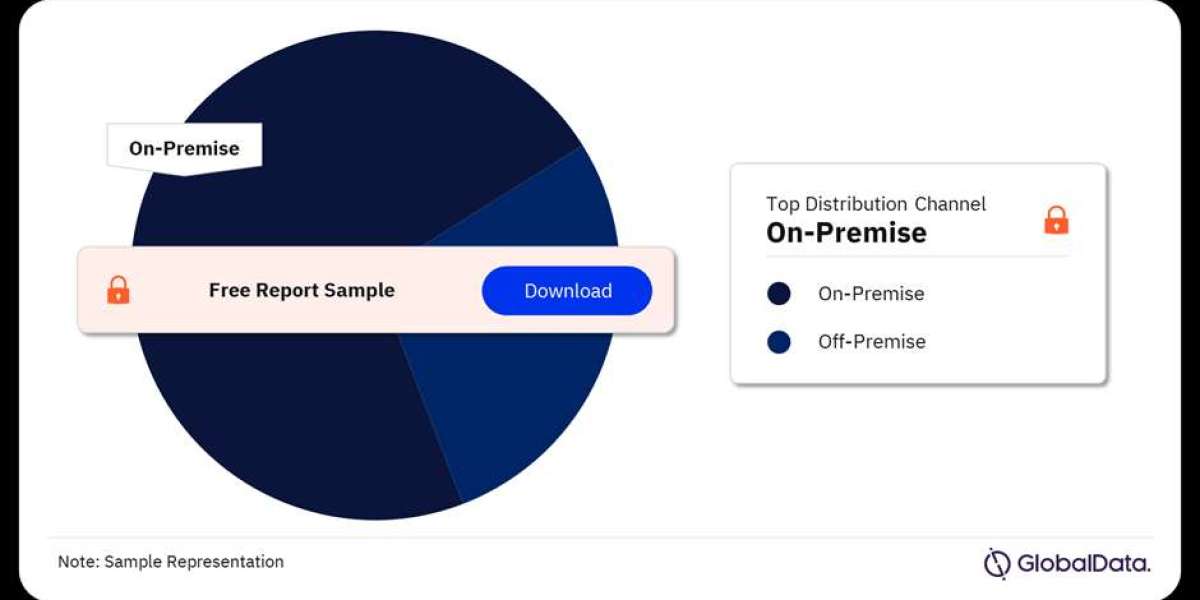Addiction and attention deficit hyperactivity disorder (ADHD) are two complicated illnesses that frequently coexist, posing serious problems for people who are affected. Although at first glance they might not seem connected, evidence indicates a significant association between the emergence of addictive behaviors and ADHD. Determining the risk factors and the link between ADHD and addiction are essential for developing successful preventative and treatment plans. Furthermore, in order to assist successful recovery and general well-being, it is imperative to cultivate a supportive environment for persons coping with these challenges.
The Connection Between Addiction and ADHD
The symptoms of ADHD, a neurodevelopmental condition, include hyperactivity, inattention, and impulsivity. Decision-making, planning, and self-regulation are among the executive functions that people with ADHD frequently struggle with. These difficulties can lead to a variety of problems in social, professional, and academic contexts by making it difficult to control urges, handle responsibilities, and keep attention.
According to research, people with ADHD are more likely than people without the disease to develop addictive behaviors. In comparison to their peers without ADHD, adolescents with ADHD are two to three times more likely to acquire substance use disorders (SUDs), according to a study published in the Journal of the American Academy of Child & Adolescent Psychiatry. In a similar vein, substance abuse and addiction are more common among people with ADHD.
The following are some of the variables that make people with ADHD more susceptible to addiction:
One of the main characteristics of ADHD is impulsivity, which is defined as behaving without thinking things through or taking consequences into account. Impulsive behavior can cause people to take risks, such as abusing drugs, without fully considering the possible consequences.
Self-medication:
Some people with ADHD may use drugs or alcohol as a kind of self-medication to get rid of symptoms like irritability, trouble concentrating, or depression. Over time, this attempt at symptom management may turn into substance abuse and addiction.
Reward Deficiency:
ADHD is linked to changes in the reward system of the brain, which makes people less sensitive to rewards and more likely to seek out exciting situations. Drug misuse can momentarily raise dopamine levels in the brain, which gives people with ADHD a sense of reward and pleasure they may find especially enticing.
Comorbidity:
Anxiety disorders, depression, and behavior disorders are among the mental health conditions that frequently coexist with ADHD. Comorbidities can increase the likelihood of substance abuse and make treatment more difficult.
Comprehending these fundamental principles is crucial in order to formulate focused interventions and support networks for ADHD individuals who may be susceptible to addiction.
Addiction Risk Factors in ADHD Individuals
Even though ADHD raises the risk of developing addictive behaviors, there are additional risk factors that compound this sensitivity. Early intervention and prevention depend heavily on the identification of these risk factors. Typical risk factors include the following:
Genetic Predisposition:
An important factor in both ADHD and addiction is genetics. Genetic susceptibility is important because people who have a family history of ADHD or substance use problems are more likely to develop these conditions themselves.
Early Exposure to Substance Use:
There is a clear link between early drug use, especially in adolescence, and a higher chance of addiction in the future. It's possible that peer pressure and substance experimentation will make adolescents with ADHD even more vulnerable.
Environmental Factors:
Adverse childhood events can play a dual role in the development of ADHD and addiction. These experiences may include trauma, neglect, or dysfunctional home circumstances. These external stressors have the potential to worsen ADHD symptoms and raise the risk of substance misuse as a coping strategy.
Psychosocial Factors:
A person with ADHD may be more susceptible to addiction depending on social factors such peer interactions, academic achievement, and socioeconomic status. Maladaptive coping mechanisms, such as substance misuse, may be exacerbated by feelings of social alienation, scholastic underachievement, or financial hardship.
The likelihood of addiction in people with ADHD can be reduced by early detection of these risk factors and focused therapies such as family therapy, social support programs, and psychoeducation.
Seeking Healing: Techniques and Assistance
Recovering from addiction is a difficult process that calls for individualized treatment plans and extensive support. Long-term success for those with ADHD who are also battling with addiction requires treating both illnesses at the same time. The following techniques and sources of support can help speed up the healing process:
Integrated Treatment:
Approaches to integrated treatment that simultaneously address addiction and ADHD have had encouraging results. Behavioral therapy, medication management, and psychosocial therapies catered to the specific requirements of the individual are usually combined in these approaches.
Cognitive-Behavioral Therapy (CBT):
CBT is a popular treatment modality used to address ADHD and addiction. Through recognizing and confronting maladaptive beliefs and actions, people can acquire coping mechanisms, enhance impulse control, and strengthen their resistance to recurrence.
Medication Management:
In people with co-occurring substance use disorders, some medications, such as stimulants (methylphenidate, amphetamines), that are frequently used to treat ADHD, may need to be closely controlled. Alpha-2 adrenergic agonists and atomoxetine are examples of non-stimulant drugs that can be used as alternatives to treat ADHD symptoms without raising the risk of drug abuse.
Support Groups:
For those in recovery, peer support groups like Narcotics Anonymous (NA) and Alcoholics Anonymous (AA) offer a sense of support and understanding. Support group meetings can provide accountability, motivation, and useful advice on sustaining recovery.
Lifestyle Changes:
Leading a healthy lifestyle can help in the recovery from addiction and ADHD. In addition to lowering the chance of recurrence, regular exercise, enough sleep, a balanced diet, and stress management practices can enhance general wellbeing.
Family and Social Support:
Creating a solid support system with friends, family, and peers is essential to rehabilitation. Relatives' understanding, compassion, and open communication can inspire people to remain dedicated to their recovery process.
Sustained Monitoring and Follow-Up:
Addiction recovery is a lifelong journey requiring constant attention and watchfulness. Scheduled follow-up appointments and routine medical monitoring can assist patients in meeting their treatment objectives and quickly addressing any new issues.
In summary
Addiction and ADHD are two complicated, interconnected problems that need for a thorough knowledge as well as an all-encompassing approach to treatment and rehabilitation. Acknowledging the connection between ADHD and addiction, pinpointing risk factors, and offering customized support and interventions might enable people to surmount these challenges and enjoy satisfying lives free from the shackles of addiction.







